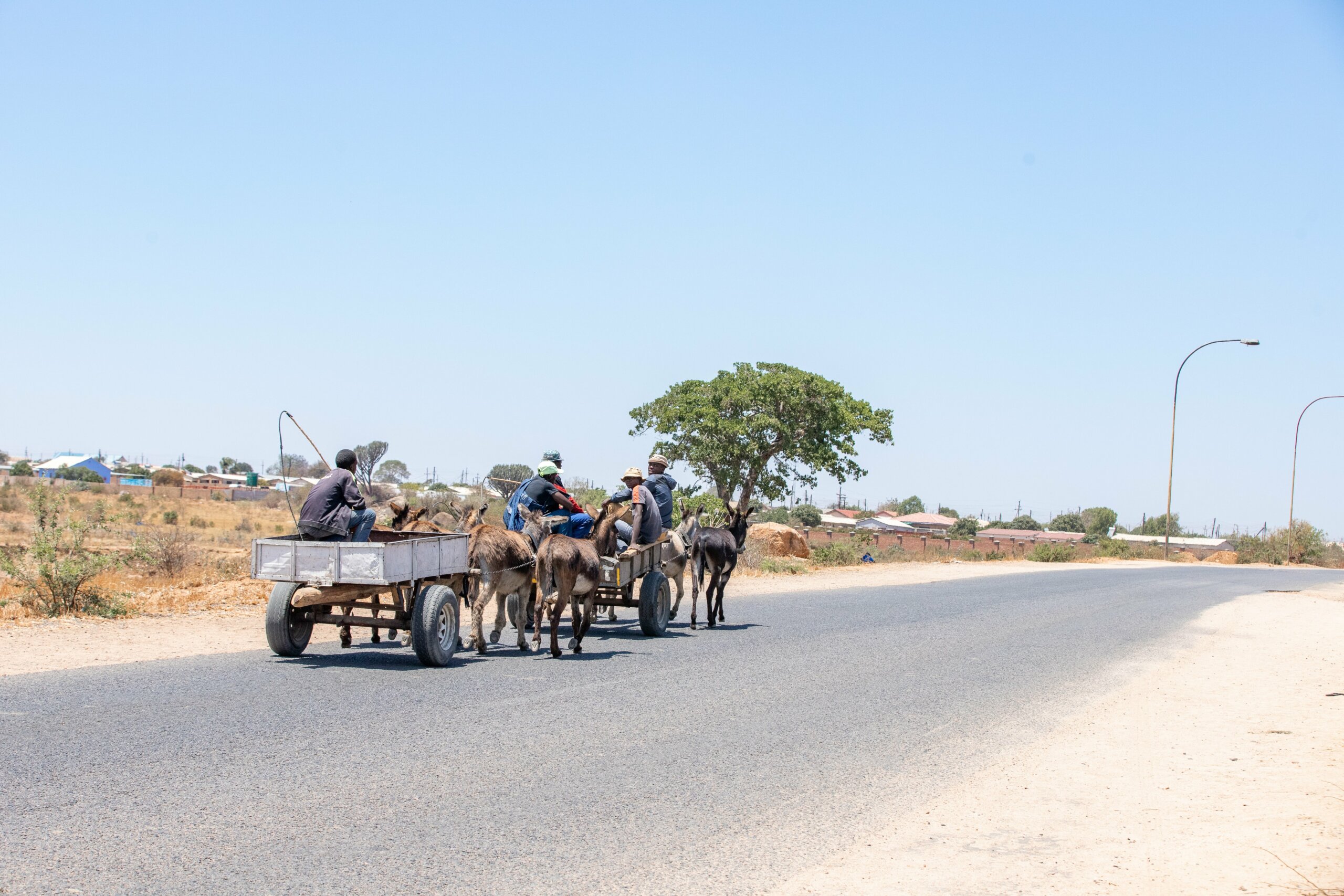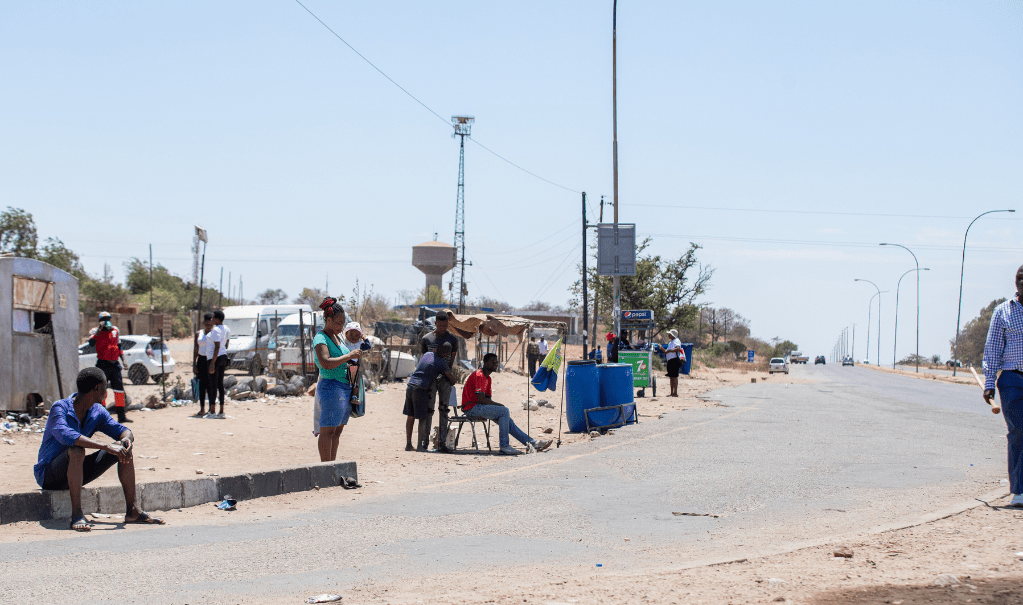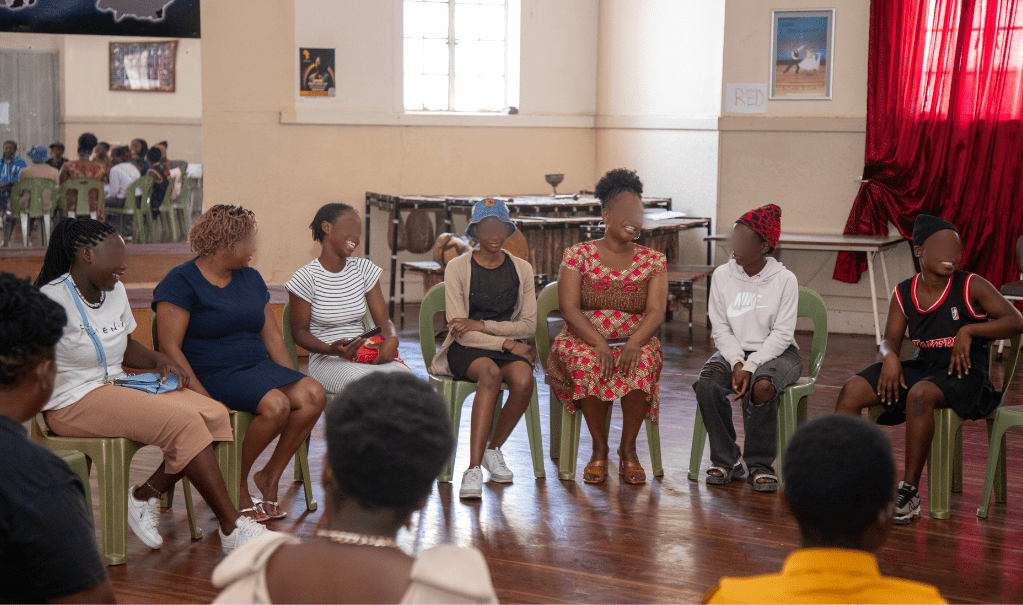Child Rescue is the New Zealand branch of the Destiny Rescue family, a global network of organisations. At times, we may use ‘we’ and ‘our’ alongside Destiny Rescue to reflect the collective efforts of this international network in rescuing children from sexual exploitation and human trafficking, and supporting their long-term freedom.
Disclaimer: Throughout this article, you’ll see the term “sex work” utilised; while this is a descriptive term used by the interviewee, it is our opinion that all sex work is exploitation. Exploitation is simply the leveraging of a vulnerability for one’s benefit, and this situation falls into that category.
“Our parents… force us not to tell them that we do sex work,” Kiah said.
It’s a startling statement from someone with experience in the sex industry. The world at large is at a strange crossroads between sex-positivity and shame culture. On one hand, families remain silent on sexual topics on the home front, forcing kids to get their information from friends or online.
On the other hand, some “influencers” flaunt massive earnings for explicit posts or openly glorify the luxurious “sugar baby” lifestyle.
It was the influence of a friend that drew Kiah into sexual exploitation. At just 16, Kiah was already pregnant and in dire need of money, and the Zimbabwean economy leaves no room for young, unskilled workers. “She told me about the life of sex work,” Kiah said of her friend. “She taught me everything about sex work.”

Many Zimbabweans struggle to find adequate employment
Her friend made it sound like a perfectly plausible solution to her problem—a logical way to earn money without the need for career skills or further education.
But her first night on the job shattered that perception.
Occupation vs Exploitation
She, along with four other friends, was looking for clients in a local bar when a man approached her. “He came to me. He asked me, ‘Do you want money?’”
It’s a manipulative opening line. Contrary to the narrative perpetuated on social media, sex work is often a last resort for the impoverished. The man’s question struck straight to the heart of Kiah’s desperation, stripping away personal connection and laying bare the uncomfortable reason she was in that bar to begin with. It unapologetically revealed that for Kiah, this wasn’t an occupation; it was exploitation.

If you’re a sex worker, if you hear about money… the answer is obvious. ‘Yes. Yes, I need money,’” Kiah said.
“I was being drugged”
Kiah doesn’t like to dwell on what happened next. “So, we went outside. We got in a car… I thought maybe he was driving to my place. But boom, there I was… in the bush. I was being drugged.”
She was injected with a sedative, raped, and left beside the road. She woke the next morning, naked and surrounded by onlookers who thought she was dead. A trip to the hospital deepened the tragedy: “I found out I’m now HIV positive. And I found out I have syphilis.”
The news was earth-shattering. Now, she and her baby would need regular doses of medicine to survive. Her need was greater than ever before, and her options were just as limited. So, despite all she had endured, she returned to exploitation.

The lifestyle of being a sex worker is not easy. There’s murder, rape. People… disappear,” Kiah said.

According to the World Health Organisation, 36% of sex workers globally have HIV.
Through it all, she never told her mother.
“I lied to my mom,” Kiah said with a rueful laugh.
To explain the increase in income, she decided to tell her mother that she was visiting a charitable organisation. “When going to sex work, I was telling my mom that I was going to a workshop.”
It’s a complicated problem that we’ve seen in many locations. Fearing disappointment or even separation from their parents, children choose not to disclose how they earn their money. For many families, speaking of sexual matters is taboo. The negative associations are so strong that even after suffering the horrors that Kiah endured, she couldn’t bear to ask for help.
Think about that. Kiah’s fear of rejection from her mother was enough to endure shocking trauma, so long as she was meeting her family’s financial needs. That’s why she’s not afraid to lay at least part of the blame for secret exploitation on the parents.
From victim to rescuer
And so the exploitation continued.
Kiah continued to earn her living as a sex worker for the next decade. The life was anything but glamorous.
Fortunately, it’s a lifestyle she doesn’t have to endure any longer.
While receiving medical treatment for her illnesses, one of the staff told her about our work rescuing children. She introduced Kiah to our programme coordinator. Though Kiah herself was still locked into exploitation to feed her family, she passionately wanted to help other children avoid falling into the same trap.
So, at her request, Kiah began helping our team locate and rescue exploited children. Most of these kids are understandably wary of adults, but because of her past in the industry, they instinctively trust Kiah when she directs them to our project. She’s living proof that “there is another life. There are other things that you can do besides sex work.”

Survivors in our programming and staff in Zimbawe during a recent celebration
For her invaluable work, Kiah earns a stipend that allows her to provide for her family without sacrificing her body. In helping free others, she’d found a way to free herself.

I’m happy… I’m not now involved in sex work. I’ve found grace,” she said.
It’s never too late. Kiah courageously stepped out in faith and away from sex work at 26 to help extend freedom to girls in situations like hers.
She expects the girls to multiply her efforts: “My wish is for them to empower others.”
Striking at the root
Most children face exploitation due to a collage of vulnerabilities. Financial desperation, a longing for connection, manipulation from groomers and a host of other factors contribute to why children find themselves in the grip of sexual predators.
But Kiah highlights a less-acknowledged vulnerability that parents everywhere would do well to heed: the fear of family rejection.
The love of a child for her parents is so immense that she will often go to great lengths to preserve it. When outside influences and pressures convince her that sex work is a legitimate way to earn, she may feel forced to hide her involvement for fear of losing the love of her parents.
Fortunately, parents can undercut this vulnerability at the source.
De-stigmatise talking about sex. If they don’t hear it from you, your kids will hear it from somewhere that likely doesn’t have their best interests in mind.
Foster open, vulnerable conversations about any topic. There’s no need to sacrifice your moral standards; just make the home a place where these topics can be discussed without kids feeling fear of condemnation.
Lastly, don’t be afraid to get in your kids’ business. Changes in behaviour or uncharacteristic activity are not the school counsellor’s problem; they’re yours. An awkward conversation now could save your child decades of pain.
If you’d like to support ushering children from the darkness of exploitation into the light of freedom, please consider partnering with us. Your donation enables rescuers like Kiah to reach suffering children and support them as they begin new lives free from exploitation. Fill out the form below to rescue a child today.
Donate with Confidence
The Child Rescue Charitable Aid Trust is a registered New Zealand charity: CC 50751. An Annual return is filed each year with Charities Services which is a NZ Government organisation under the Department of Internal Affairs. Annual reports to Charities Services can be viewed here. View our Financial Integrity webpage here.
Child Rescue is the New Zealand branch of the Destiny Rescue family, a global network of organisations. Our collective focus is to rescue children from sexual exploitation and human trafficking, and supporting their long-term freedom.

 US & International
US & International Australia
Australia United Kingdom
United Kingdom